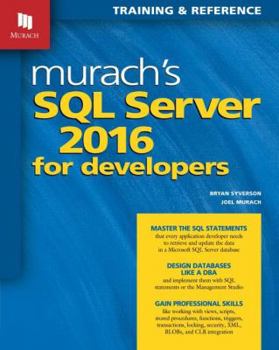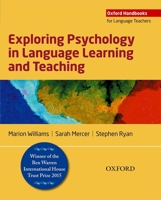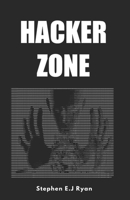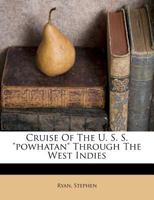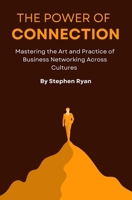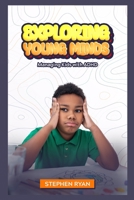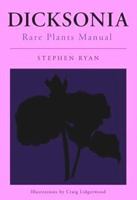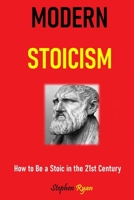Murach's SQL Server 2016 for Developers
Select Format
Select Condition 
Book Overview
If you are an application developer, or you are training to be one, this 2016 edition of Murachs classic SQL Server book is made for you. To start, it presents the SQL statements that you need to retrieve and update the data in a database. These are the SQL statements that you will use every day. Then, it shows you how to design a database, how to implement that design, and how to work with database features like views, scripts, stored procedures, functions, triggers, transactions, security, XML data, BLOB data with FILESTREAM storage, and the CLR integration feature. The result? You will be able to create database applications that are thoroughly professional. You will be familiar with the DBA-related issues that let you work far more effectively than most of your colleagues. And you will have a handy reference at your side to answer questions and handle new challenges as they come up.
Format:Paperback
Language:English
ISBN:1890774960
ISBN13:9781890774967
Release Date:July 2016
Publisher:Mike Murach & Associates
Length:676 Pages
Weight:3.07 lbs.
Dimensions:1.7" x 8.1" x 10.0"
More by Stephen Ryan
Customer Reviews
1 customer rating | 1 review
There are currently no reviews. Be the first to review this work.










